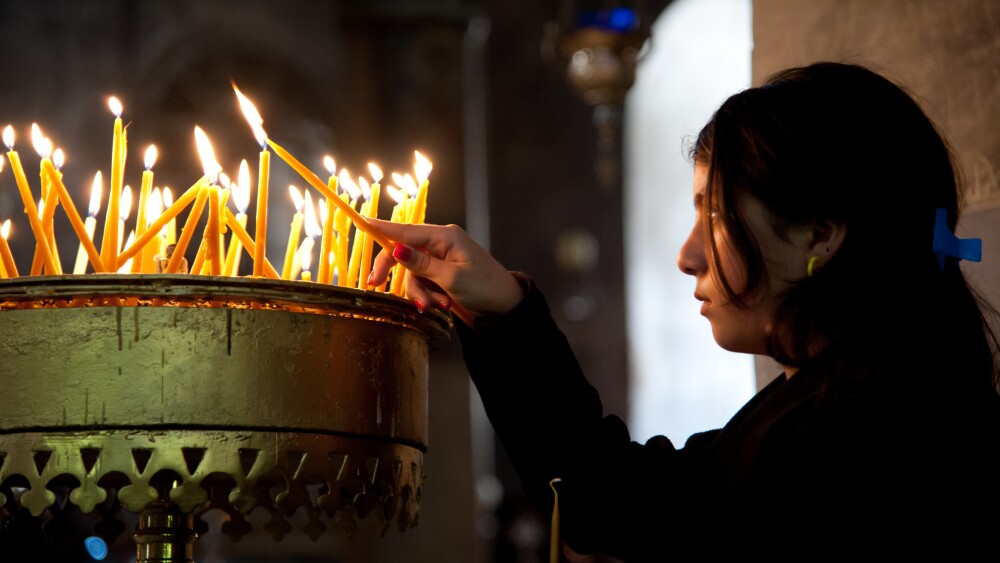Pope Benedict XVI called on Islamic countries to reciprocate the religious freedom Muslims usually enjoy in predominantly Christian countries in a document published Thursday.
Several Islamic states in the Middle East have laws limiting or prohibiting Christian minorities from openly practising their faith.
In the document, the pontiff stressed that the Catholic Church has “esteem” for Muslims, while stating that inter-faith dialogue will be fruitless unless it is based on “the ability of all to freely practise their religion in private and in public”.
The call was made in an “apostolic exhortation” containing the pope’s reflections on a synod of bishops that met in the Vatican in 2008 on the theme the ‘Word of God’.
The Vatican is deeply concerned about the plight of Christians in the Middle East, with non-Muslim minorities fleeing the region in numbers amid growing hostility.
Their concerns have been heightened by a recent wave of violence, including a suicide attack on a church in the Iraqi capital last month which killed 52.
“Religion can never justify intolerance or war,” the pope said in the document. “One cannot use violence in the name of God”.
He commented that “every religion should encourage the proper use of reason and promote ethical values that build civil co-existence”.
The pope also made a separate call for the world’s leading economies to push for greater social justice at the two-day G20 summit in Seoul, which started Thursday.
He asked G20 leaders to strive for “lasting, sustainable and just solutions” by acknowledging the “deeper reasons” for the recent economic and financial crisis and the “primary and central value of human dignity’ in a letter to the summit’s host, South Korean President Lee Myung-bak.
The term “human dignity” is an apparent reference to the widespread poverty and hunger than affects big sections of the global population, above all in the developing world.
“The G20 will respond to the expectations placed in it and grant real success to future generations, if taking into consideration the various and sometimes contrasting problems afflicting the peoples of the earth, it is able to set out the characteristics of the universal common good and demonstrate its willingness to cooperate in order to attain it,” added the letter, which was published on the Vatican website Thursday.

